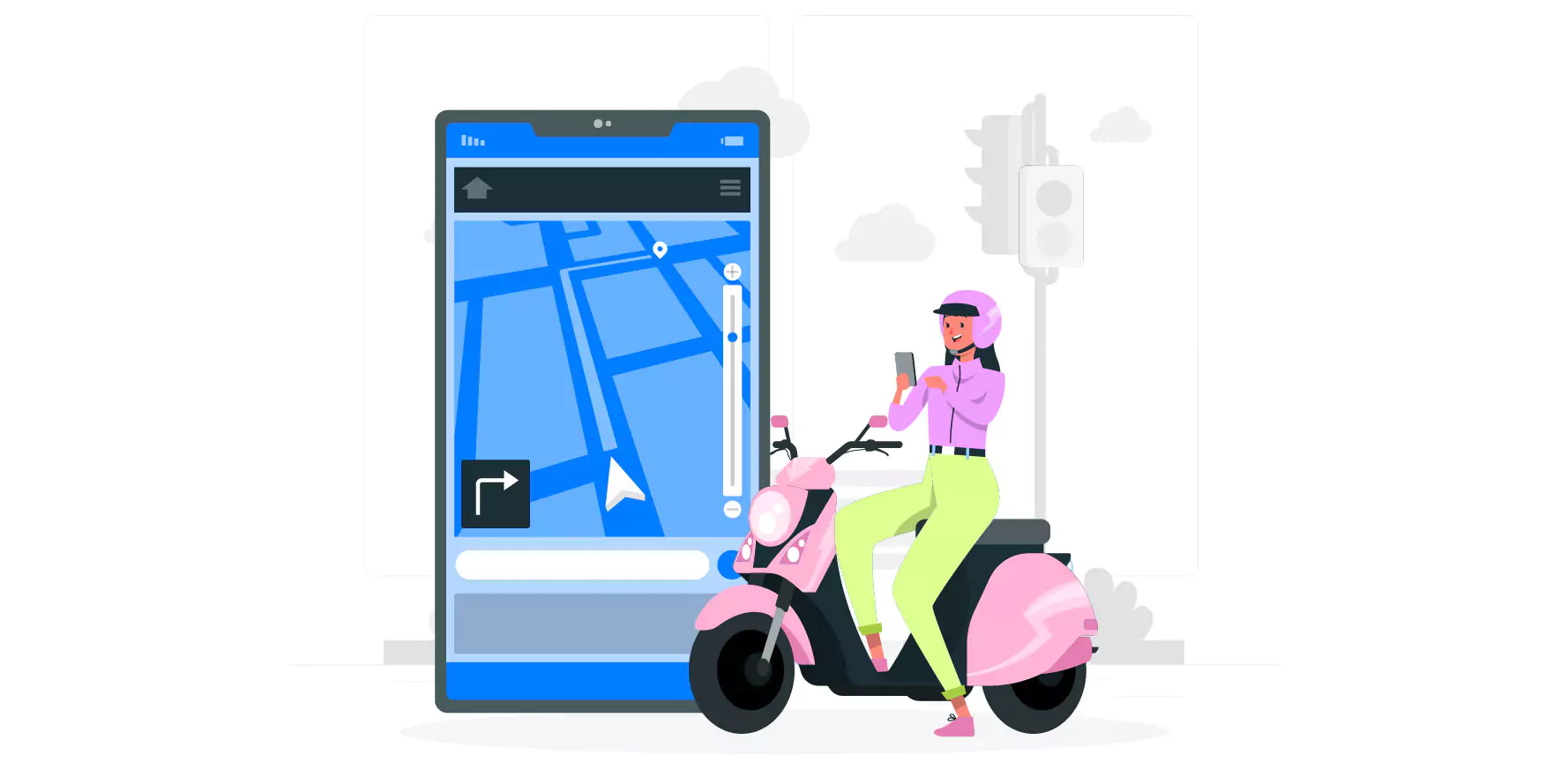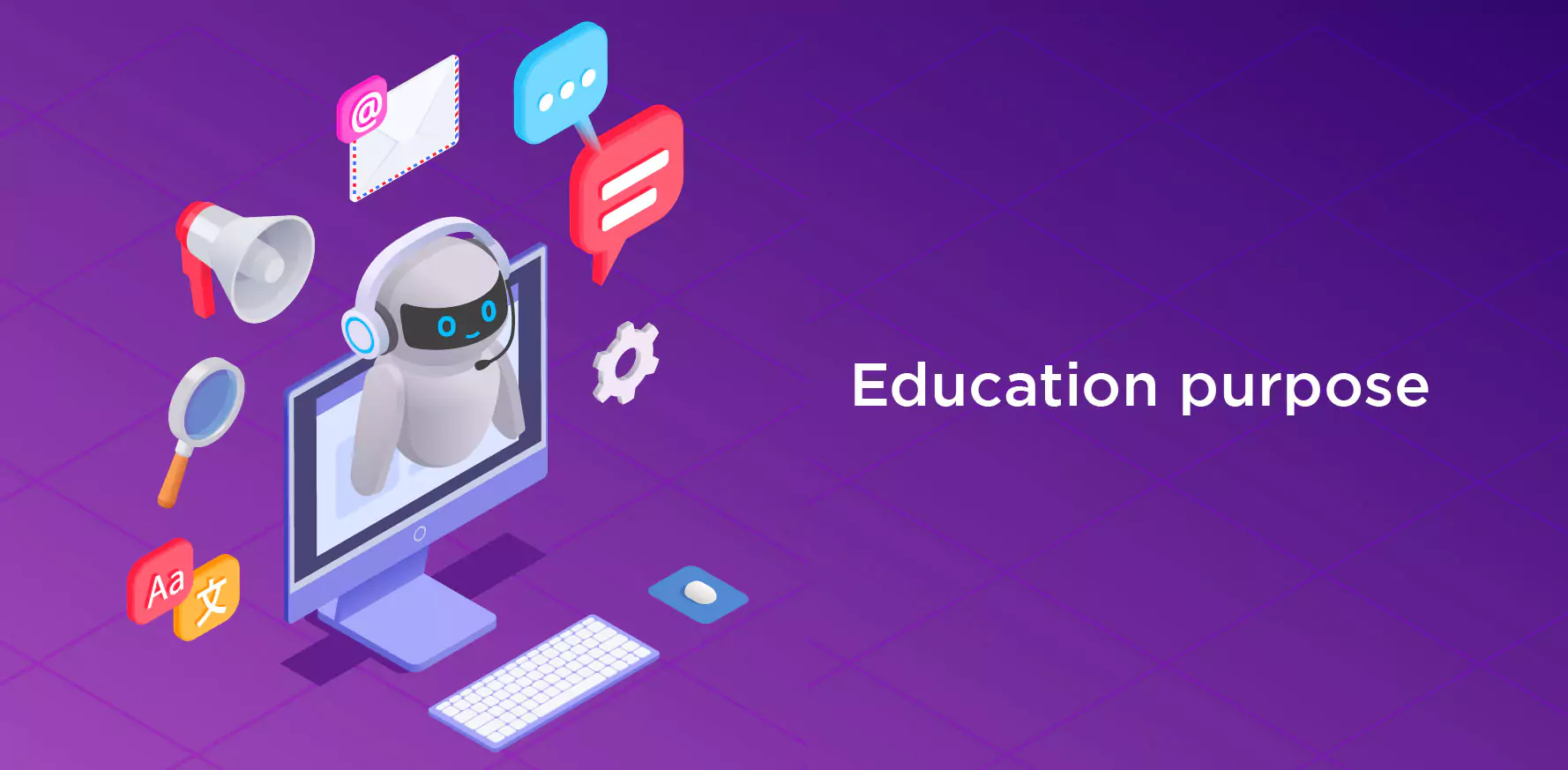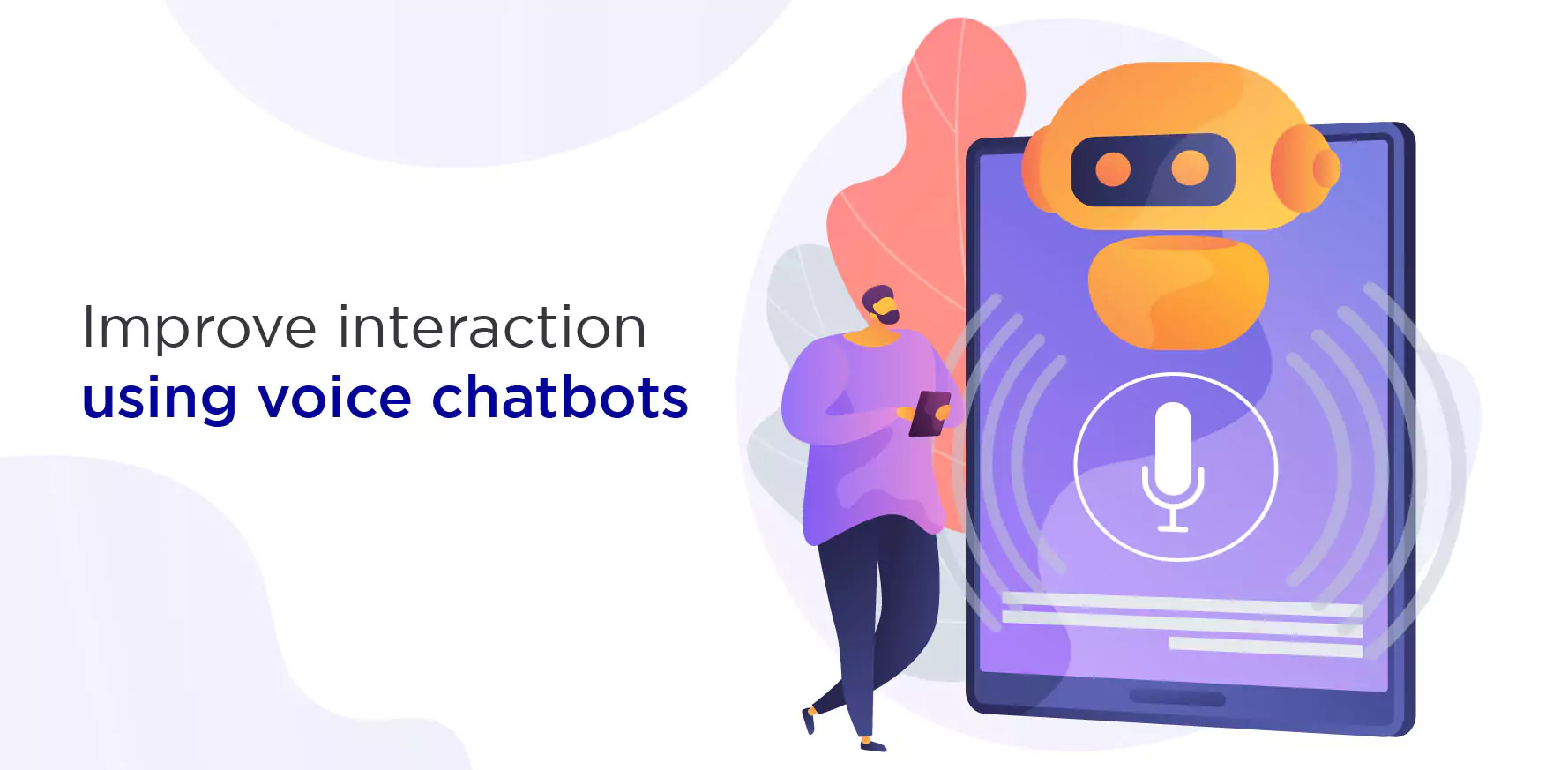Voice bots are among the best ways to automate tasks that humans can perform.
Voicebot use cases range from customer service and commerce to navigation and e-commerce, education and health, entertainment, search engines, and more.
A survey proved that only 41.4% of people have never tried using voice bots yet. If you are one of them, don’t worry, this blog is a complete beginner’s guide to voice bot use cases.
Listed below are some vital use cases of voice bots:
1. Customer service
The voice bot is a great way to provide customer service without hiring or paying a live agent.
You can also use it to learn more about the company and its products, order products and services, and get help with technical issues.
A customer service voice bot can help you get answers to all your questions and resolves all your issues and errors immediately.
Voice chatbots can also aid in turning your leads into loyal customers.
2. Navigation

Navigation is the process of finding a route to a destination, which we've all done at some point.
If you're reading this article, then there's a good chance that your eyes are darting back and forth between the words on this page and the map in front of you.
That's because navigation is just another term for getting from one place to another. It's just using technology instead of walking around with paper maps.
Voice bots can help guide people through complex tasks like booking hotels or finding directions on your app/website.
They're especially useful for apps that rely heavily on natural language processing (NLP), like Google Maps, which uses machine learning algorithms to understand what users are saying and then provides directions accordingly.
3. eCommerce or Shopping
If you’re someone who loves to shop, voice bots can help make it easier.
Voice chatbot is useful for finding products, and not only voice chatbot can also be used for making purchases and checkout.
They also provide a platform for customer service and product reviews—two areas where people often struggle with traditional shopping platforms.
4. Education purpose

The fourth use case for voice bots is education.
Voice chat can be used to help students learn and practice their language skills, such as reading, writing, and speaking.
They can also be used as tutors in foreign languages and vocabulary-building exercises. Voice bots can also be used to study other subjects like science, literature, accounts, and many more.
This voice bot use case is extremely beneficial for all students.
It allows you to reach more people by providing an engaging way for those who want to learn something new but are unable or unwilling (or simply not interested) in traditional classroom settings.
5. Companion
This use case is for those who want to stay in touch with their loved ones yet don’t have the time or energy to do so.
In this scenario, a companion bot can be programmed to respond only when it detects certain words or phrases.
It then provides these messages from the person who sent them in an automated voice without any human interaction!
The companionship potential of voice bots will grow as they become more sophisticated and affordable over time; however, one thing remains certain—there are many benefits associated with having someone around at all times!
6. Entertainment
Voice bots can be used to play games, tell stories and sing songs. They can also be used to read books and for riddles as well.
This is possible because voice bot technology uses natural language processing (NLP), allowing the computer program to understand what you are saying so it can respond accordingly.
Voice bots can also suggest a list of movies or series to watch. Various audiobooks available can be listened to using a voice chatbot.
7. Searching information
Imagine, you’re in a hurry and need to find out if any restaurants are open for lunch.
You don't want to take the time to open up your phone or look on Google, so why not just ask the voice chatbot?
Voice bots can aid with this search because they can speak like humans and make it seem like they're talking with you.
You can use a voice bot to search and ask questions by speaking with the voice chatbot. As a result, the voice bots will give you an answer in text form in whatever language suits your needs.
This is very useful for people who don’t know how to type.
This use case is useful because it doesn't involve typing anything into an app. Instead, it's all happening through conversation between two people—you being one and the voice bot acting as another.
8. Improve interaction using voice chatbots

The voice bot market is growing, and there are many use cases for voice bots in different categories.
Voice bots can be used to improve customer service and provide more personalized interactions with customers.
Voice bot helps to make conversations seamless and streamlined.
They can also be used to help businesses better understand their customers' needs and preferences so that they can provide better products or services on the fly.
Wrapping it up
There are many use cases for voice bots in different categories that companies can implement. It is an emerging technology that is still in the developing stage.
Voice chatbots have also spiked up the quality of customer service and customer support.
Conversations carried by voice bots are very efficient and based on natural language processing (NLP), machine learning, and Artificial Intelligence (AI).
Voice bots are a key element of the future of human-to-human interaction.
They will help you to be more productive in your day-to-day life, improve customer satisfaction and make interactions with other people more enjoyable!


